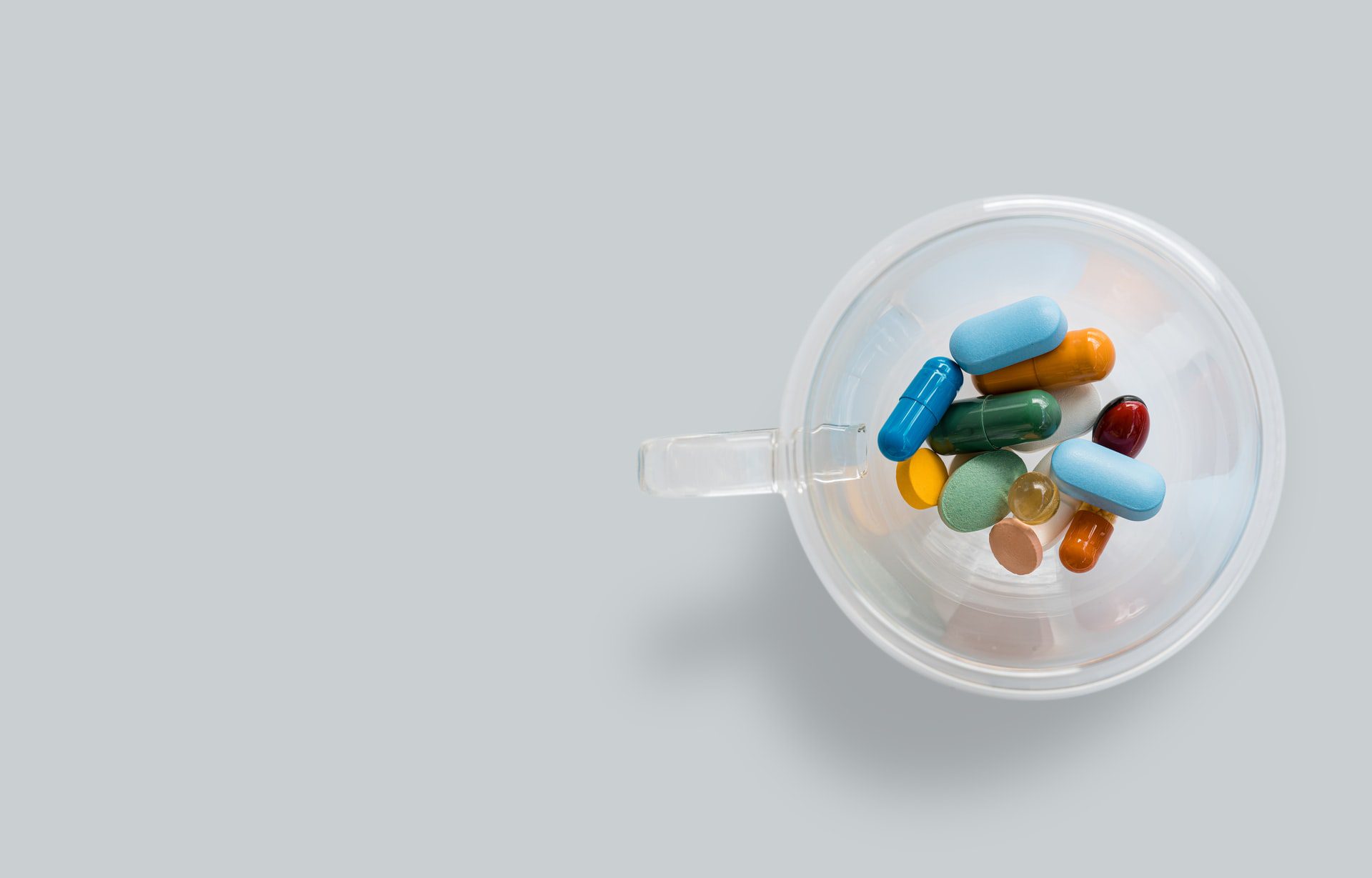
Although there have been remarkable benefits that antibacterial use has brought about, there is a dark side to it as well, such as an increased risk of colon cancer. Another problem that the overuse of antibiotics causes is antimicrobial resistance, which causes more dangerous forms of bacterial illnesses. Still, there’s no time to despair! Medical professionals and researchers are working hard to find alternatives to antibiotic treatments.

The Risks of Antibiotic Use
Antimicrobial resistance, caused by the overuse and misuse of antibiotics, is one of the reasons that finding alternatives to antibiotic use is wise. Their life-saving effectiveness causes physicians and patients alike to rely heavily upon antibiotics, even for common bacterial infections. An example of the misuse of antibiotics is when they are prescribed for non-bacterial illnesses like colds and the flu.However, sometimes antibiotics are still prescribed for this. The overuse of antibiotics led to antimicrobial resistance by creating bacteria that are not affected by the medicine.
Another big antibiotic-related concern is the link to increased risk of colon cancer. Colon cancer is the second leading cause of cancer-related deaths in the United States. Rates of antibiotic use have skyrocketed since the 1980s, and scientists have also reported an alarming rise in colon cancer rates. What is especially concerning about this increased risk of cancer is that it affects people younger than 50 at a disproportionate rate.
Additionally, a study found a “dose-dependent” aspect to the link between antibiotics and colon cancer. Essentially, this means that the different kinds and doses of antibiotics you take impact your risk level. So what’s the solution here? Doctors, medical professionals, and researchers have been working hard to discover alternative ways to treat bacterial illnesses to avoid antibiotics’ harmful effects.
The human body has many good bacteria in it that the antibiotics can’t differentiate from the bad ones. This affects the balance of the microbiome in your gut and could be the link between the potentially cancer-causing aspect of antibiotics. Protecting the good bacteria in your body is essential, which is why looking into alternatives to antibiotics is a great way to approach your health.

Alternatives to Antibiotics
The good news is that medical professionals are becoming increasingly aware of the negative repercussions of antibiotics misuse and overuse and are rigorously testing out replacements. Some of these different approaches to bacterial infections were used in ancient times. Ancient medical techniques that involve natural elements like clay and minerals are being studied because of how extensive their antimicrobial activity is. Just as researchers are taking note of more unconventional and ancient methods, they are also delving into new fields of research and technology.
One potential alternative method involves using what are called bacteriophages. Bacteriophages, or phages, as they are often called, are naturally occurring viruses that target and kill bacteria. If you think about it, they accomplish the same thing that antibiotics do! This is why they are serious contenders for replacements for antibiotics.
One medical research review has listed a total of 19 promising alternatives to antibiotics! They note, however, that three different approaches, probiotics, antibodies, and vaccines, appear to be the most advanced of the bunch.
First, probiotics are living microorganisms that promote your overall gut health and microbiome. These can be easily found in yogurt and other fermented foods as well as in supplement form.
Second, antibodies are a part of your immune system that neutralize foreign entities in your body. Once they’ve encountered a specific foreign substance, antibodies retain that information and protect the body against future infection.
Lastly, vaccines are an outstanding scientific and medical invention that trains your body’s natural immune system to recognize and neutralize foreign threats in small or benign doses so that your body can better handle the real thing. Your immune system essentially memorizes how to deal with an imitation of an infection and is then prepared to fight off the actual illness.
These three are the most advanced and promising alternatives to antibiotic use. However, while we are still developing and researching these replacements, basic and reasonably limited antibiotic use will still need to happen.
A Parting Reminder
Our Top Doctor Magazine team hopes this overview equips you with fresh knowledge on the potential dangers of antibiotic overuse and misuse. Now you can feel comfortable discussing different options with your doctor! Ask your doctor if you have any questions about whether you should be using antibiotics or an alternative method.





0 Comments